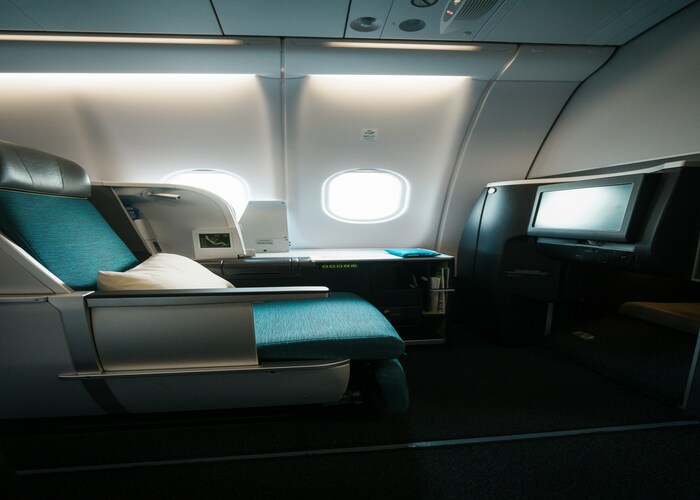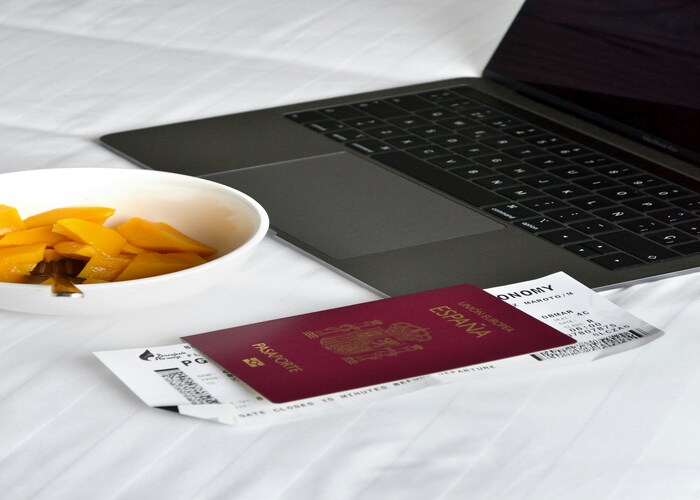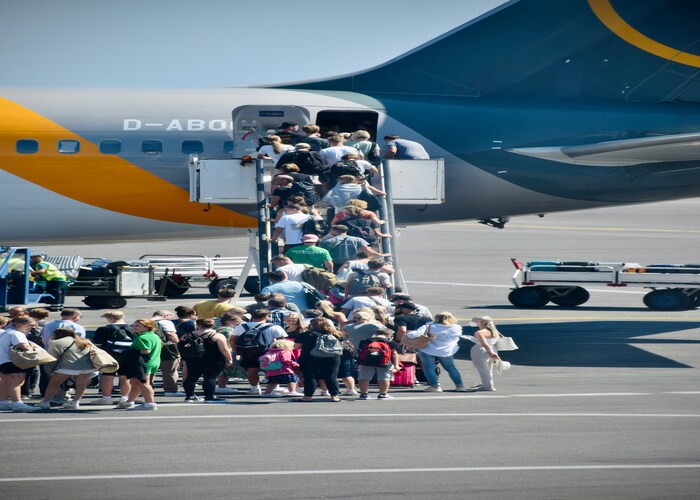Switzerland is a magnet for skilled professionals and remote workers drawn by its stunning Alps, excellent infrastructure, and stable economy. While many search for the ideal switzerland tour package, or wonder about a package trip to Switzerland, the rise of digital nomadism adds new complexity to planning a long‑term stay. In 2025, some new developments are opening doors—or at least clarifying the paths—for remote workers eyeing Switzerland. Switzerland Visa for Digital Nomads: New Trends in 2025.
This article examines the current visa options, requirements, limitations, and Swiss trends for digital nomads, especially for building a swiss travel package or a fully custom Switzerland Europe tour.
Does Switzerland Offer a Digital Nomad Visa?
Contrary to countries like Portugal or Spain, Switzerland still does not have a dedicated digital nomad visa as of 2025 Reddit+15The Local Switzerland+15Improve Workspace+15. Remote work stays are governed by standard immigration routes:
- A Schengen short‑stay allowance allows non‑EU/EFTA visitors to stay up to 90 days within 180 days—but performing remote work (even for foreign clients) isn’t formally permitted and may be in a legal grey area
- A long-term stay requires a proper residence permit (typically Permit B or L), only granted when tied to Swiss employment or business activity.
- For EU/EFTA citizens, self‑employment or remote activity is permitted under freedom of movement, but only after registering with cantonal authorities if staying beyond 90 days
Emerging Twist: The Digital Nomad Visa Launch Announcement in 2025?
Some relocation industry commentators mention an impending “Digital Nomad Visa” implemented in 2025, featuring income thresholds (~CHF 96,000 annually, CHF 8,000 monthly), health insurance, and strict limits against working for Swiss employers However, this should be approached with caution:
- There is no official federal announcement or consistent confirmation—it may refer to proposed frameworks or pilot schemes.
- French and Swiss reports differ in clarity; Switzerland’s official migration authority has not yet issued formal guidance likely to be category-defining for digital nomads.
Until formal legislation appears, it’s safest to view this as speculation or upcoming policy interest rather than a confirmed program.
Visa Options That May Fit Remote Workers
1. Schengen Short Stay (Tourist)
- Valid up to 90 days in a 180-day period.
- Remote work for foreign clients may be tolerated, but repeated use or extended stays can risk non-compliance. A few digital nomads report being discreet with remote work while traveling, but this remains unofficial and potentially illegal if cantonal authorities choose to enforce strict rules
2. Residence Permits for Self-Employment or Financially Independent Individuals
- Remote workers who plan to stay longer must apply for a Permit B under a self-employment route: registering a Swiss business, providing a solid business plan, meeting financial thresholds, and demonstrating economic benefit to the canton
- Another route is permit for financially independent individuals—commonly for wealthy retirees or lump-sum taxpayers—but this does not allow gainful work, including remote work, thus excluding most nomads
3. Entrepreneur or Golden Visa
- Entrepreneur visas are for non-EU/EFTA nationals who establish a Swiss business; requires substantial planning, local presence, insurance, and contributions
- Golden Visa programs may grant residency in exchange for investment (e.g. CHF 1 million business or lump-sum tax privileges); not tailored for remote work but offers a path to legal residence
Tax and Residency Considerations
Digital nomads often assume they can avoid Swiss taxes, but Swiss rules are strict:
- Staying over 30 days while working, or more than 90 days total, may trigger tax residency status and global income taxation
- For EU/EFTA nationals using change-of-address or remote work arrangements, social security contributions and pension obligations may apply—even if the employer is abroad. Switzerland Visa for Digital Nomads: New Trends in 2025.
EU or EFTA Citizens: Easier Paths, Still Regulated
If you hold EU/EFTA nationality:
- You may work remotely in Switzerland for up to 90 days without a visa.
- For stays longer than 90 days, you can apply for Permit B as self-employed or financially independent, but must register locally and comply with integration requirements.
- Remote contracts need to follow Swiss registration rules and social contribution payments may apply
What to Expect Going Forward
While speculation of a stand‑alone digital nomad visa persists, official Swiss policy remains conservative in 2025:
- Immigration channels still center on employment-based or investment-based permits.
- Digital nomads relying on tourist stay routes are technically non-compliant and risk permit complications.
- New trends in cantonal migration policy and quotas suggest potential streamlining, especially for tech and creative sectors—but nothing digital-nomad-specific yet
Planning a Nomadic Stay as Part of Your Switzerland Trip Package
If you’re building a switzerland travel package or Swiss Europe tour that includes extended stays:
- Short trips (under 90 days): Use standard tourist allowances, but ensure clarity on work arrangements and repeat visits.
- Longer stays: Prepare documentation in advance (employment contracts, business plans, insurance proof), apply via Swiss consulate for the appropriate national visa (Type D).
- Choose a canton carefully—Zurich, Geneva, Geneva or Zug may have more flexible start-up or self-employment rules versus more restrictive cantons. Switzerland Visa for Digital Nomads: New Trends in 2025.
Tips for Digital Nomads Considering Swiss Residency
- Confirm your nationality-specific rules: UK, USA, Australia all treated as non-EU/EFTA for visa purposes.
- If planning to stay longer than 90 days, register early and prepare required permits via your canton’s migration office.
- Engage a legal or immigration advisor before relocating to ensure tax/treaty implications and avoid unintended Swiss tax residency.
- Keep your work strictly for foreign clients, maintain remote contracts, and avoid Swiss labor participation.
- Stay up to date—a genuine Swiss digital nomad visa could emerge later in 2025 or 2026. Monitor official migration updates.
Final Thoughts
In 2025, Switzerland remains stunning but complex for digital nomads. While buzz exists about a possible digital nomad visa, there is no formal policy yet. Until that changes, remote workers must navigate existing immigration channels: short-stay Schengen, self-employment permits, or investment-based residence. Switzerland Visa for Digital Nomads: New Trends in 2025.






Leave a Reply